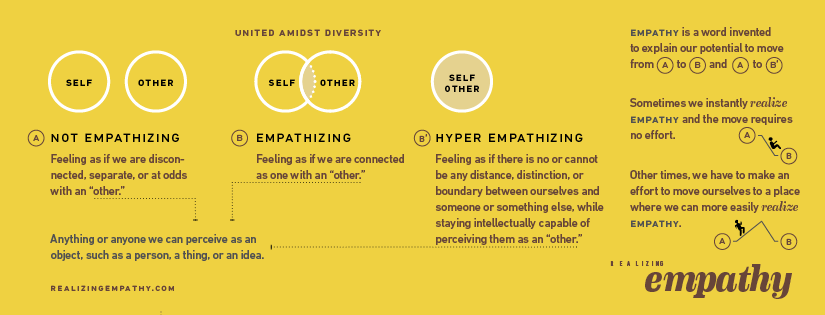When we feel
isolated,
we can also feel
lost.
We think
‘After all,
if I’m the only one
on this path,
who‘s to say
I’m not lost?’
…
When we feel
lost
traveling a path
of our own choice
we can also feel
ashamed.
We think
‘If I got lost
by going my way
then clearly
it’s my fault
and something
is wrong
with me.’
